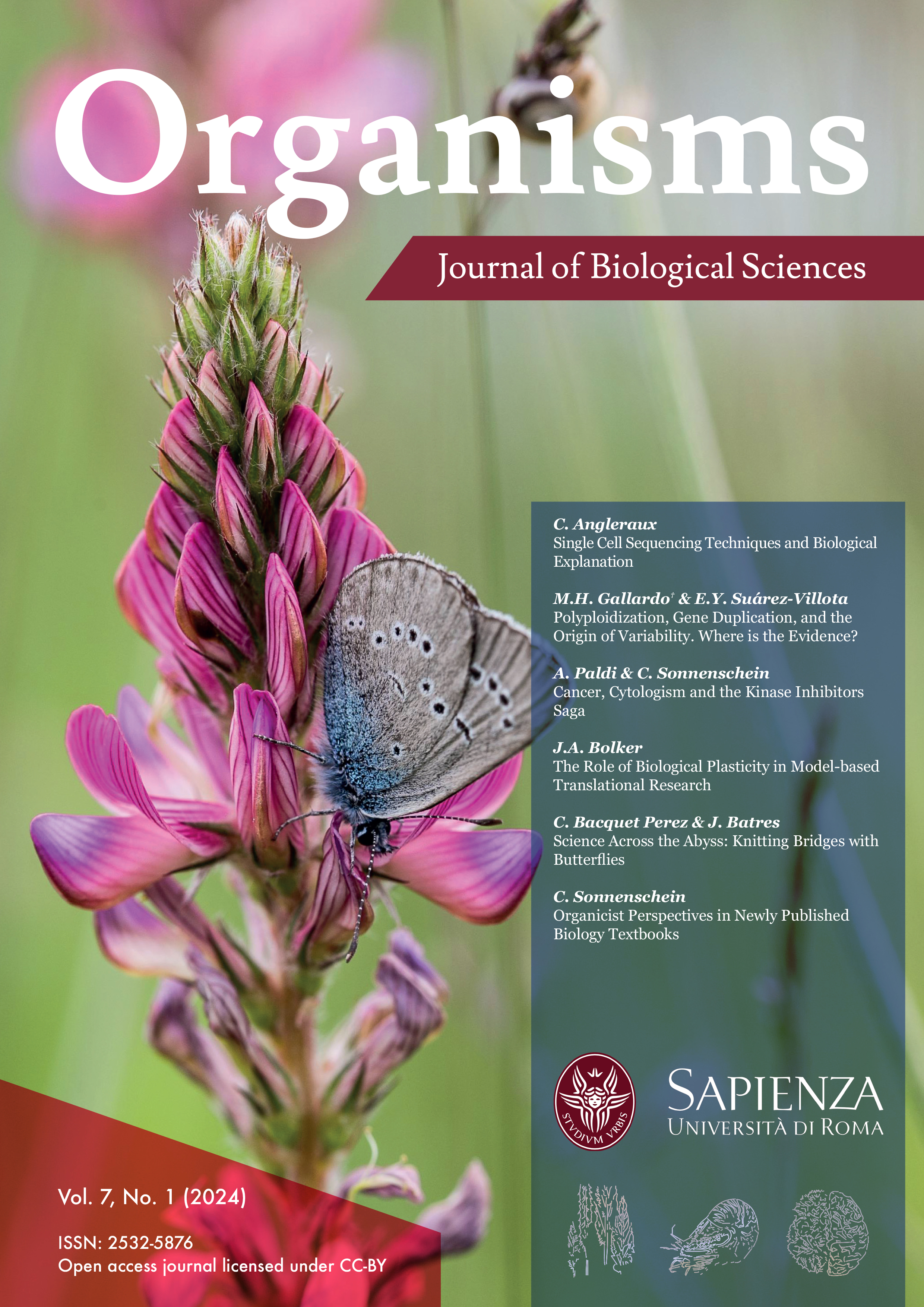Science Across the Abyss: Knitting Bridges with Butterflies
DOI:
https://doi.org/10.13133/2532-5876/18557Abstract
Science is built on the pursuit of answers to fundamental questions and the constant expansion of our understanding of the world around us. However, this effort has not been without challenges and inequalities. This article critically examines the issue of diversity in science and the notable disparities that persist in global scientific knowledge. Throughout history, the contributions of scientists from diverse regions and cultures have been pivotal to scientific advancement. Nevertheless, significant gaps in terms of access, funding, and recognition in the global scientific community still endure. We use the concept of the "abyss," as a metaphor for the disparities in scientific practices across diverse regions of the world within the context of globalization. We seek to shed light on how the abyss influences the very essence of scientific inquiry, ranging from disparities in access to knowledge to the limitations imposed by technology and resources. This article addresses how socioeconomic, gender, and geographical disparities impact who has the opportunity to engage in and lead scientific research. The decolonization of science and the incorporation of indigenous and local perspectives in research are highlighted as crucial ways to address these disparities. Additionally, the concept of participative science is explored as an inclusive approach that allows diverse communities to take part in scientific research. Ultimately, this exploration of diversity in science and disparities in scientific knowledge seeks to inspire deeper reflection on how we can work together to ensure that science becomes a truly global and representative endeavor, enriched by a multitude of perspectives and the collaboration of people from all corners of the world.
Downloads
Published
How to Cite
Issue
Section
License
Copyright (c) 2024 Caroline Nicole Bacquet Perez

This work is licensed under a Creative Commons Attribution 3.0 Unported License.
Copyright Agreement with Authors
Before publication, after the acceptance of the manuscript, authors have to sign a Publication Agreement with Organisms. The authors retain all rights to the original work without any restrictions.
License for Published Contents

You are free to copy, distribute and transmit the work, and to adapt the work. You must attribute the work in the manner specified by the author or licensor (but not in any way that suggests that they endorse you or your use of the work).





